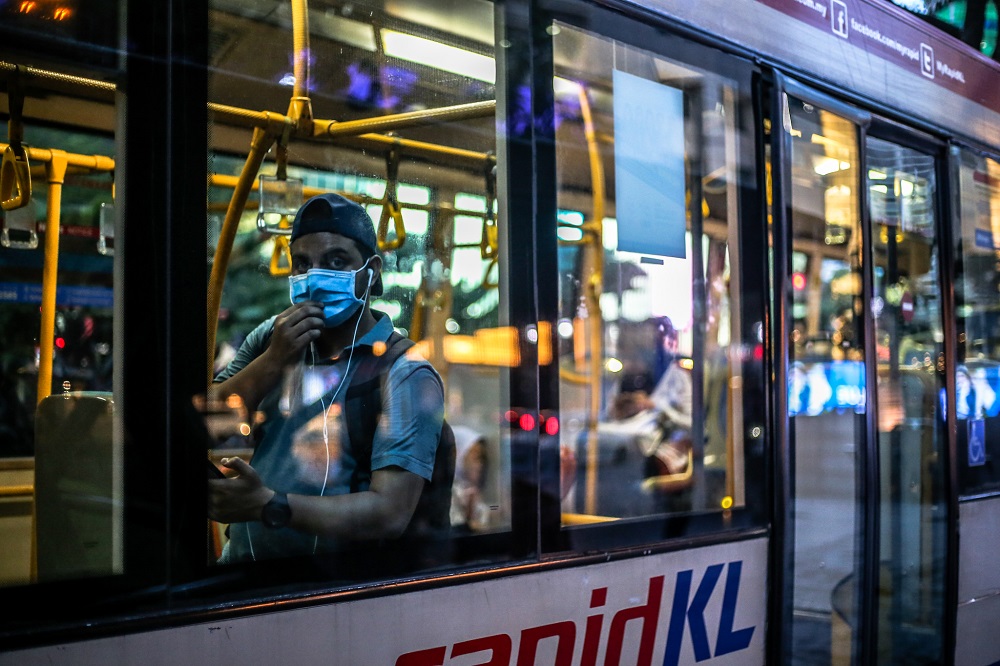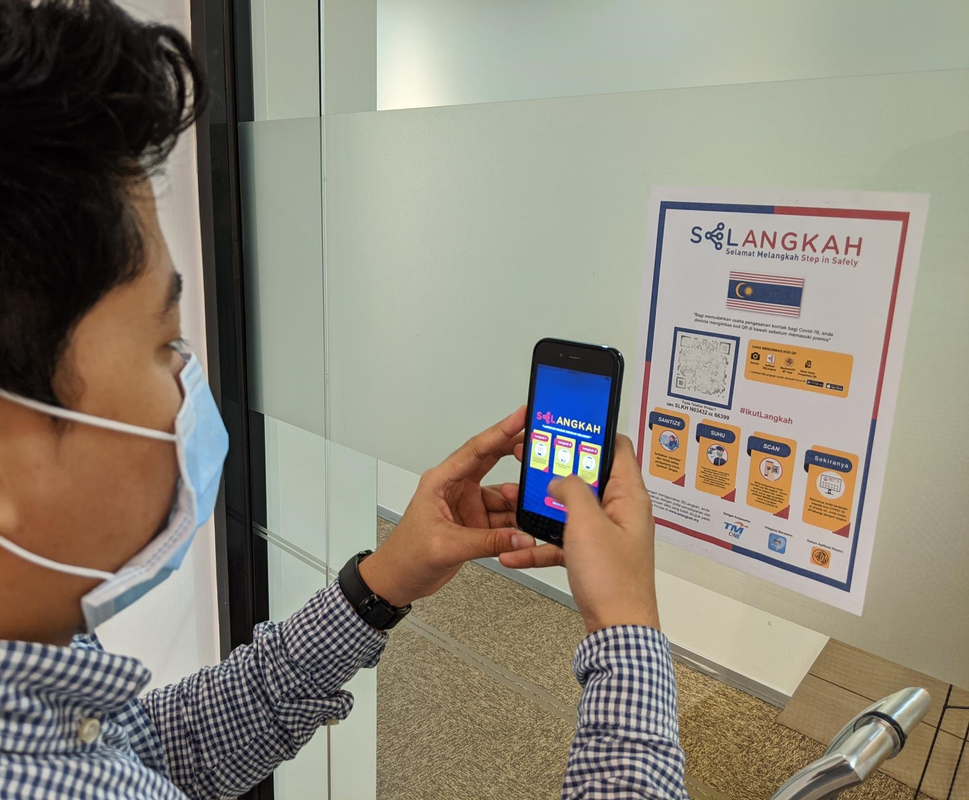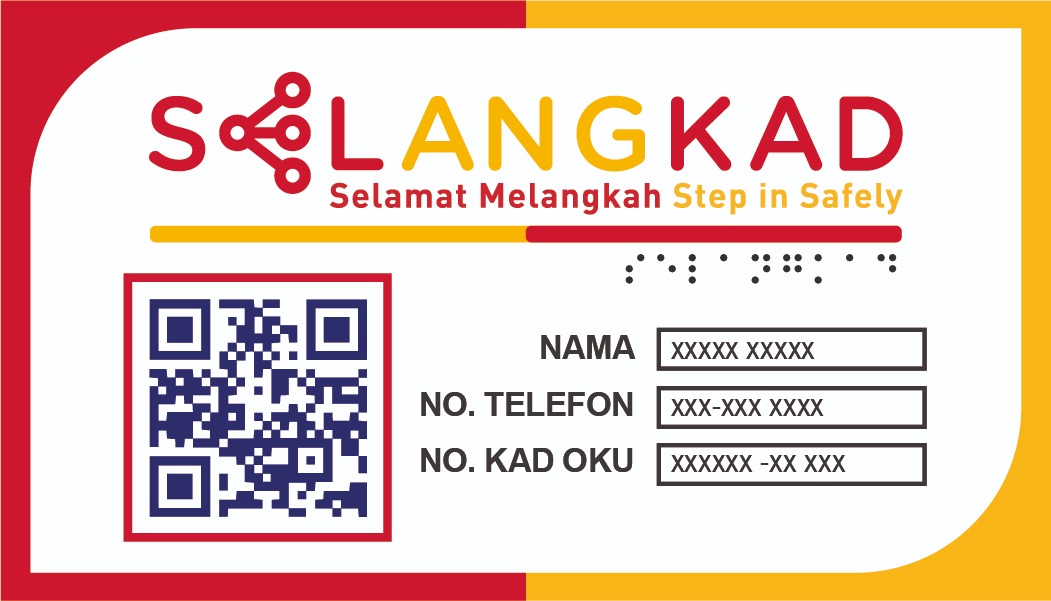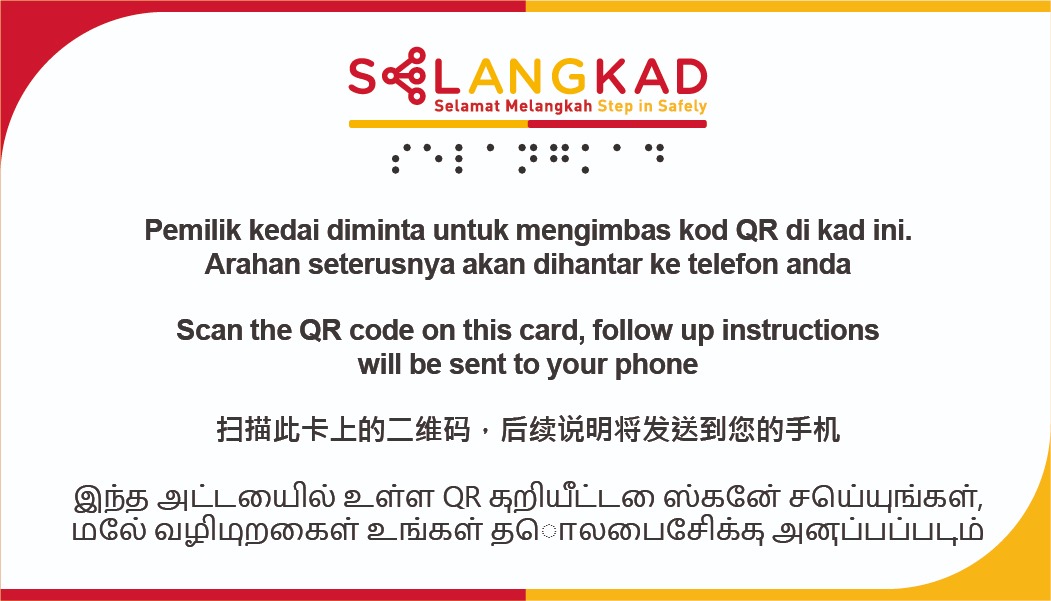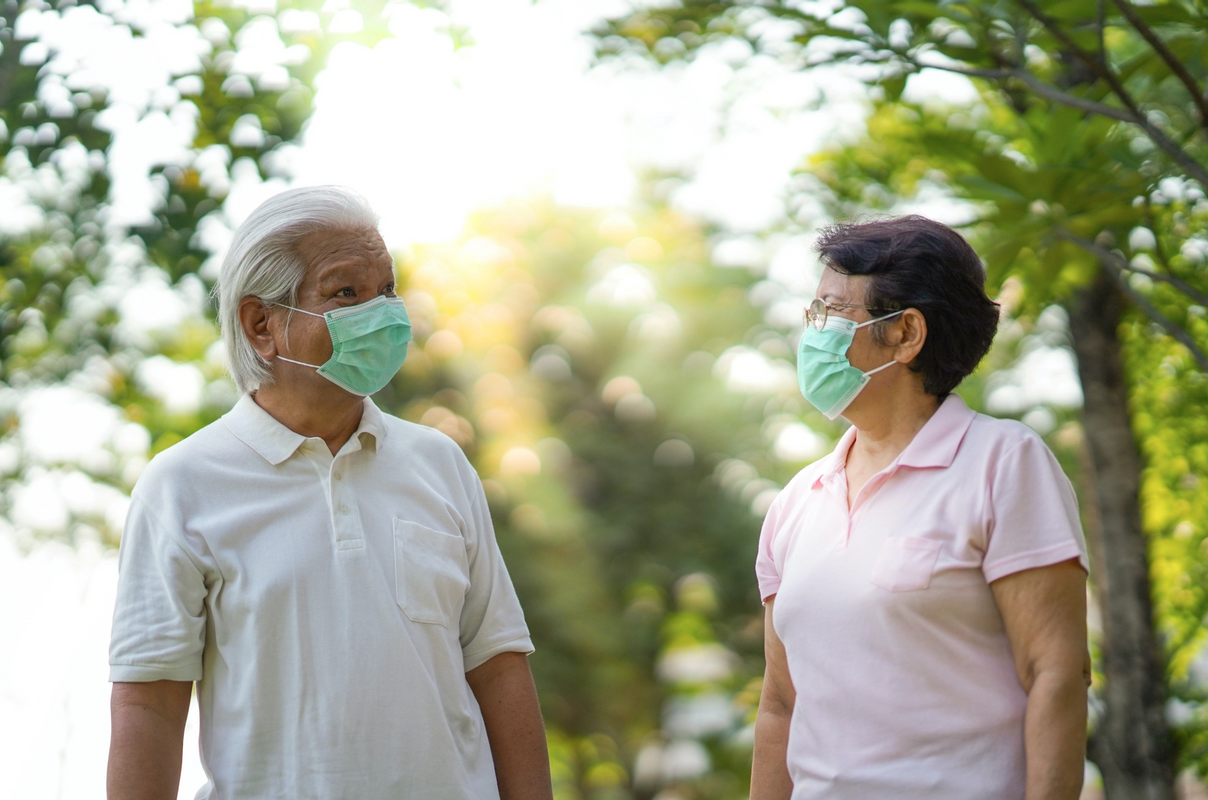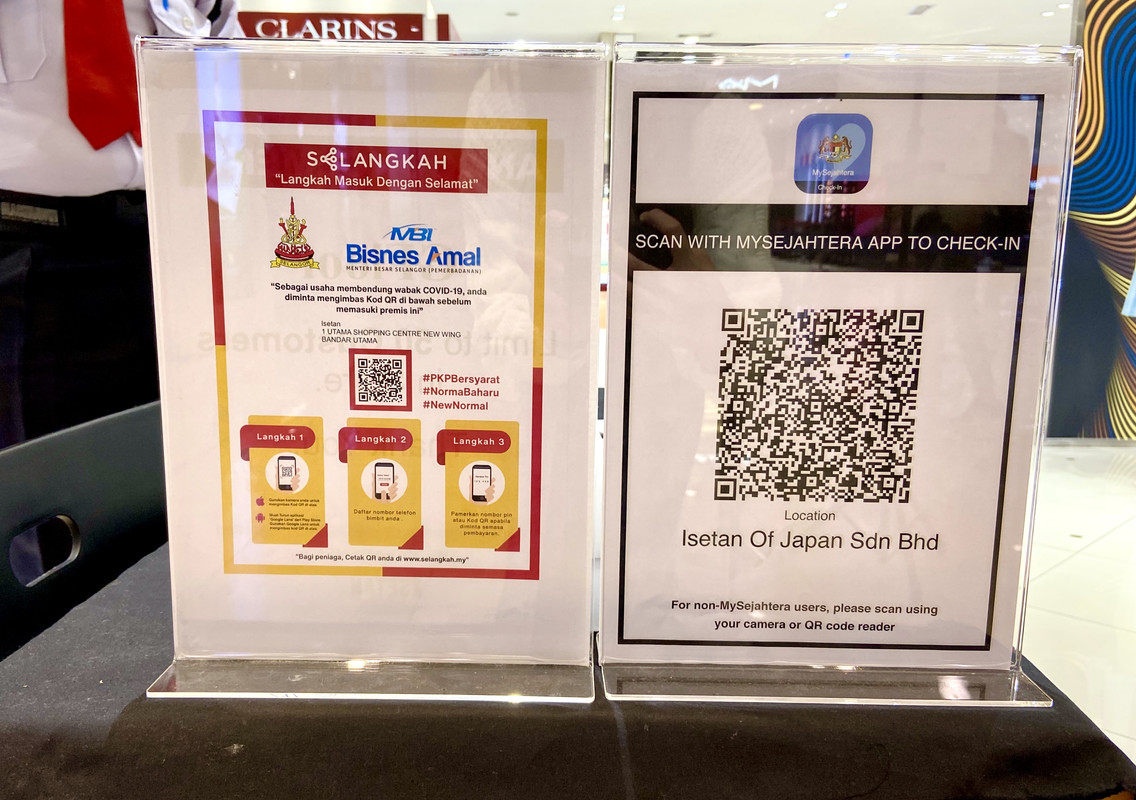SELANGKAH Has Launched A Disabled-Friendly Alternative To Scanning QR Codes
Each card comes with its own personalised QR code, contact details, and 'SELANGKAD' spelt out using Braille.
Stepping outside your house now comes with its own set of rules:
Wear a face mask, sanitise your hands, and scan the QR codes plastered on the walls.
These measures continue to be vital as we've seen multiple COVID-19 cases and clusters crop up under eased restrictions in the past few weeks.
Though adhering to this 'new norm' is expected of all of us, it might be easier said than done for some.
Take QR codes for instance
While they have become essential to contact tracing, this nifty piece of technology is not an option for those without a smartphone or for those who encounter difficulties operating one.
Recognising the need for a more widely accessible method, the team behind homegrown contact tracing app SELANGKAH announced their latest development.
Introducing, SELANGKAD.
As part of their commitment to inclusivity, the team launched the initiative on 11 August. Each card comes with its own personalised QR code, contact details, and 'SELANGKAD' spelt out using Braille.
Those who choose to carry SELANGKAD will be able to present it to shopkeepers for them to scan.
Speaking to SAYS, the team found it only natural to expand their system if it meant safeguarding everyone's well-being
In an email correspondence with us, SELANGKAH founder Dr Helmi Zakariah relayed the thought process behind SELANGKAD.
"The idea stems from a natural progression of the inclusivity value and framework already in place."
Since the launch of their initial contact tracing system in May, the SELANGKAH team have not stopped innovating.
"We first want to bridge the digital gap by rolling out the SMS check-in function for non-smartphone users; those segments of users should not be left out just because they don't own a smartphone."
They later launched a web check-in feature to further assist those without phones on hand.
With a core centred around inclusivity, SELANGKAD was made in conversation with disabled persons, caregivers, and leaders of non-governmental organisations (NGOs)
"It was an internal reckoning for us to see how the pandemic has further disabled the already marginalised segment of society," Dr Helmi conveyed.
"After all, COVID-19 doesn't discriminate, so why should we?"
Feedback on the card has been overwhelmingly positive so far.
However, it is currently only open to disabled people.
When asked if senior citizens or those without smartphones would be able to apply, Dr Helmi responded, "We should be sharing that update soon. We are currently tidying up the registration process for that audience segment."
For now, non-smartphone users can utilise SELANGKAH's SMS or web check-in features.
SELANGKAH works alongside MySejahtera, meaning you can use either app knowing you'll be accounted for
This is reassuring especially since the government had recently announced its plans to gazette the use of MySejahtera at premises nationwide.
Dr Helmi told us, "We welcome the government's move of mandating digital tools for the contact tracing ecosystem."
Speaking to the efficacy of their system, he added, "Being the first QR e-tracing ecosystem on the scene, health frontliners were depending on our system for accurate contact tracing since as early as 20 May 2020, prior to MySejahtera Check In being rolled out."
Due to this, the SELANGKAH founder added that they now have a large data pool through which contact tracing can efficiently be conducted.
QR codes by both SELANGKAH and MySejahtera being offered as options at 1 Utama's Isetan outlet.
Image via Alyssa Pong/SAYSThe founder hopes that premises would accept both SELANGKAH and MySejahtera so that everyone would be digitally traceable.
"To increase coverage of digital contact tracing, the key is integration between the two systems. But, we would not have a method for orang kurang upaya (OKU) now, or an alternative for non-smartphone users had we only had one contact tracing system."
You can register for the card via WhatsApp, or have someone else apply on your behalf
We were told that the cards are only being produced in batches as there are accessibility features and verification processes in place.
Learn more details and register by scanning the code below, clicking on the link, or messaging them at +6014-3025655.
Keep practising social distancing and wash your hands often. Watch the latest update on the COVID-19 situation:
Dr Helmi Zakariah first came up with the idea for SELANGKAH after the sudden announcement of the Conditional Movement Control Order (CMCO) on 1 May:
